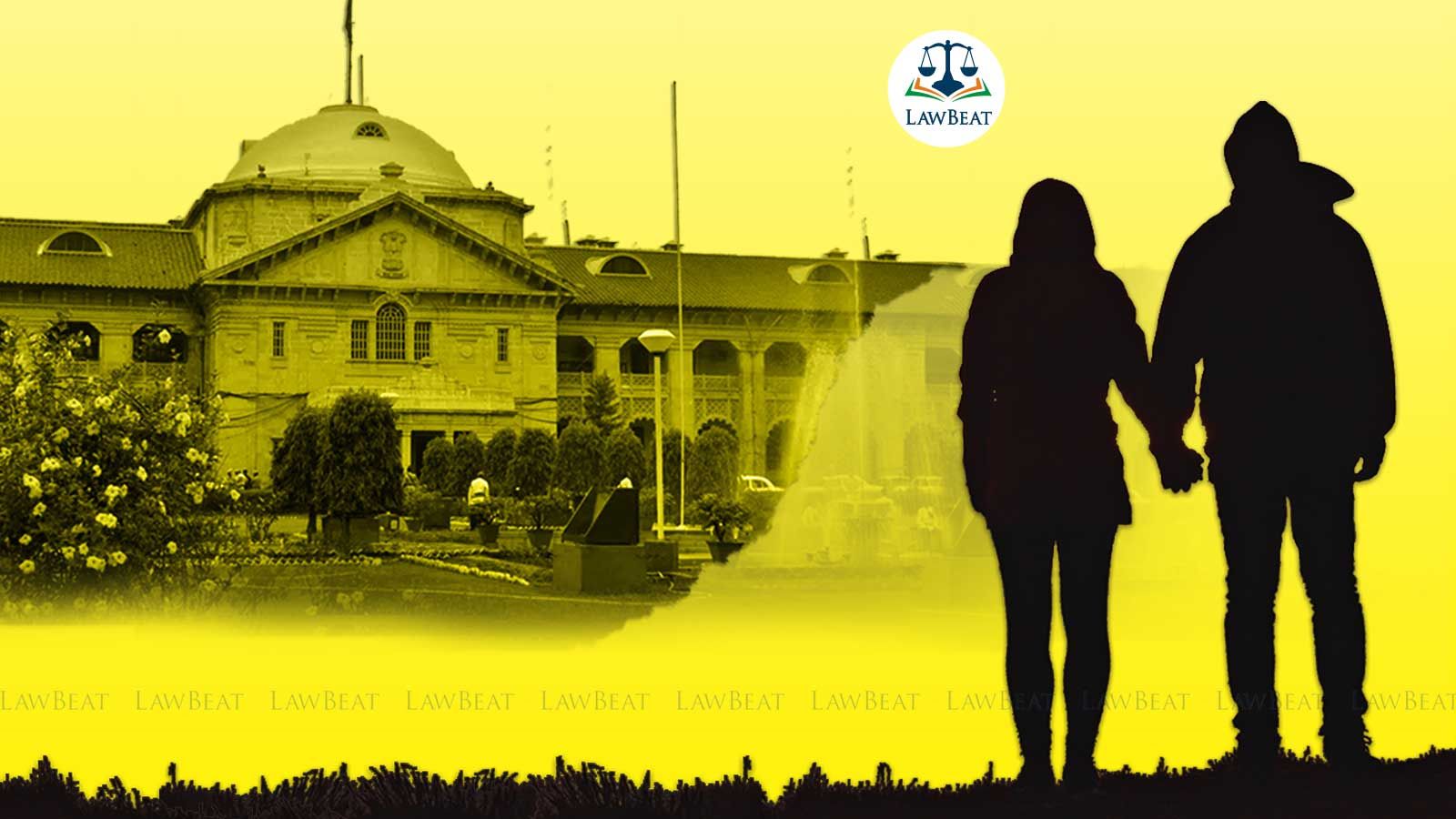Awareness has to be created in young minds of social and legal hassles of live-in relationships: Allahabad HC

Court said that diputes pertaining to live-in relationships are social problem which can only be uprooted socially and courts cannot always interefere under the garb of violation of Article 21.
The Allahabad High Court recently observed that awareness has to be created in young minds not just from the point of view of emotional and societal pressures that live-in relationships may create, but also from the perspective that it could give rise to various legal hassles.
Court referred to the issues such as division of property, violence and cheating within live-in relationships, rehabilitation in case of desertion by or death of a partner and handling of custody and other issues when it comes to children born from such relationships.
The division bench of Justices Sangeeta Chandra and Narendra Kumar Johari further pointed out that partners in a live-in relationship do not enjoy an automatic right of inheritance to the property of their partner.
Moreover, the high court emphasised that Supreme Court has observed on several occasions that section 125 Cr.P.C. is not meant for granting of maintenance to the "other woman", where a man having a living lawfully wedded wife either married a second time or started living with a concubine.
"It has refused to extend the meaning of the word wife as denoted in section 125 of the Cr.P.C. to include such live-in partners for maintenance claims," court highlighted.
Court said that persons entering into marriage are governed either by their personal laws or laws such as the Special Marriage Act, 1954 and personal laws such as Hindu Adoption and Maintenance Act 1956 and Muslim Women (Protection of Rights on Divorce) Act 1986 do not provide for maintenance to any other woman except a man's wife.
Futher, while referring to the observations of the apex court in D Velusamy versus D Patchaiammal (2010) where the top court observed that live-in relationships can be covered under the definition of "domestic relationship" as given n under Section 2 of the Domestic Violence Act under certain conditions, the high court said that the top court's observations in that matter cannot be considered to promote such relationships.
"Law traditionally has been biased in favour of marriage. It reserves many rights and privileges to married persons to preserve and encourage the institution of marriage. the Supreme Court is simply accepting a social reality and it has no intention to unravel the fabric of Indian family life," the high court said.
The observations were made in a writ petition moved by an interfaith couple seeking protection. The hindu girl and Muslim boy had alleged that they being majors were living together by choice but the mother of the girl, taking police on her side, was harassing them.
However, the high court noted that the petition filed by the couple lacked several essential details such as their current marital status, any plan to get married and most importantly any specific instance of the police harassing them.
The division bench said that the couple had come up to the high court with a mere allegation, which had not been substantiated by any specific pleading and prayed that the high court should issue a mandamus to the police not to harass them.
We cannot allow the petitioners to raise disputed questions of fact under Writ jurisdiction as it would be a wrong assumption of such extraordinary jurisdiction, said the court while dismissing the plea.
Case Title: Kiran Rawat And Another v. State of UP and Others
